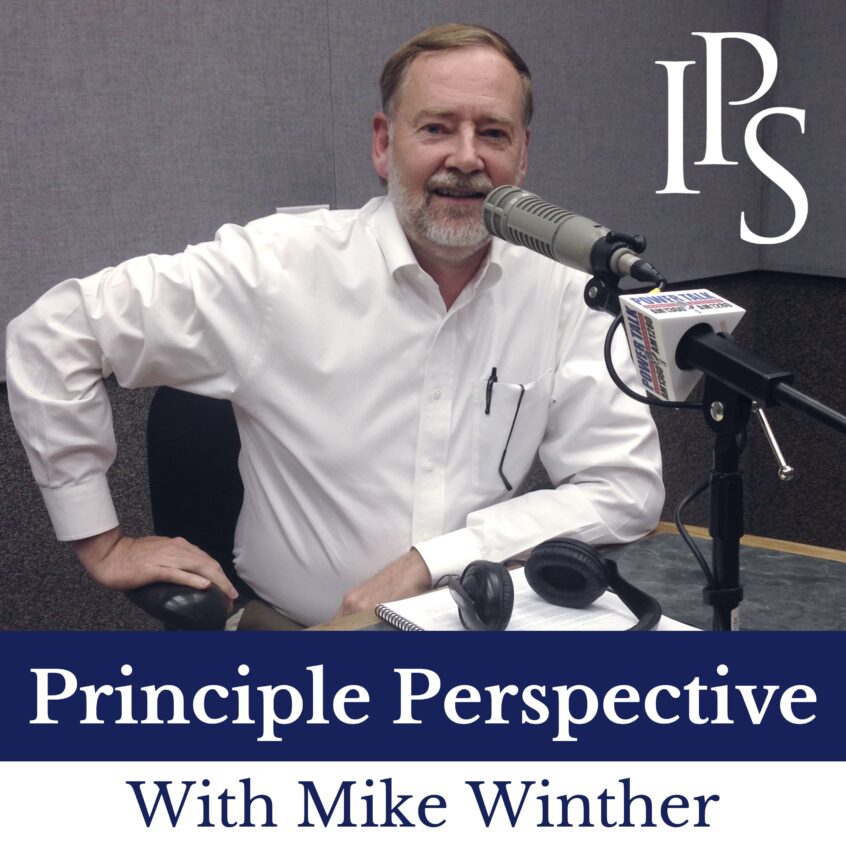LISTEN NOW
This episode of the series begins by discussing the 2007 and 2008 housing bubble, a topic that remains highly relevant today. During that period, prices were skyrocketing and interest rates were low, leading people to refinance and sink deeper into debt. When the collapse occurred, proponents of big government blamed the free market and called for increased regulation.
Mike dives into the causes of this housing bubble, highlighting the manipulation of interest rates, the pricing of money, and the economic stimulation by the Federal Reserve. He discusses how low interest rates and the selling of loan bundles led to the ultimate collapse, emphasizing that government control over the economy tends to exaggerate normal economic fluctuations. Mike explains why Keynesian economics exacerbates inflationary periods.
The episode also explores the pitfalls of government banking systems and discusses why these issues should be of concern from a Christian perspective. Mike further analyzes economic principles such as supply and demand before shifting focus to healthcare. He describes how government actions increased demand and how third-party payers escalated spending. We also learn Mike’s solutions to these problems, consistently linking back to a biblical viewpoint.
You’ll Learn:
- [00:50] In 2007 and 2008, the price of real estate was escalating rapidly. Interest rates were low and people were refinancing and taking cash out.
- [01:44] Whenever there’s an economic problem, there’s a battle between those who want big government and those who want small government.
- [02:01] Dropping interest rates and more people can buy. Rates kept dropping. They were manipulating interest rates or the price of money.
- [04:58] In free markets, interest rates go up and down and draw money in and out of banks. It balances the economy.
- [08:41] Why were lenders making bad lending decisions? An example.
- [14:37] Why 0% interest rates contribute to bad loans.
- [16:54] When rates drop, people buy more houses. When people stop buying, the economy begins to slow.
- [17:57] When people with high debt were unable to pay their loans, it began a chain reaction.
- [18:34] Keynesian economics makes the trenches deeper and the inflationary periods worse.
- [20:37] Mike talks about government required reserve ratios for banks and the government taking over banks.
- [23:33] Mike breaks down supply and demand and how prices work.
- [24:52] If healthcare prices are going up, demand is exceeding supply.
- [26:05] How the government limits the supply of doctors in America.
- [28:42] We have a scarcity of doctors, and they are working more hours.
- [29:30] Medicaid passed in 1967 or 1968. Demand went up and prices increased. Medicare was also passed.
- [32:20] When there’s a third party payer, we’re never as cautious about how we spend the money.
- [33:55] Insurance only makes sense, when we insure the unlikely.
- [36:34] The number of people hired for ObamaCare was greater than the number of doctors and nurses in America.
- [37:33] We need more people to buy their own insurance.
- [40:21] Mike shares another example.
Your Resources:
- Biblical Principles of Government (1a)
- Biblical Principles of Government (1b)
- Biblical Principles of Government (2a)
- Biblical Principles of Government (2b)
- Biblical Principles of Government (3a)
- Biblical Principles of Government (3b)
- Biblical Principles of Government (4a)
- Biblical Principles of Government (4b)
- Biblical Principles of Government (5a)
- Biblical Principles of Government (5b)
- Biblical Principles of Government (6a)

